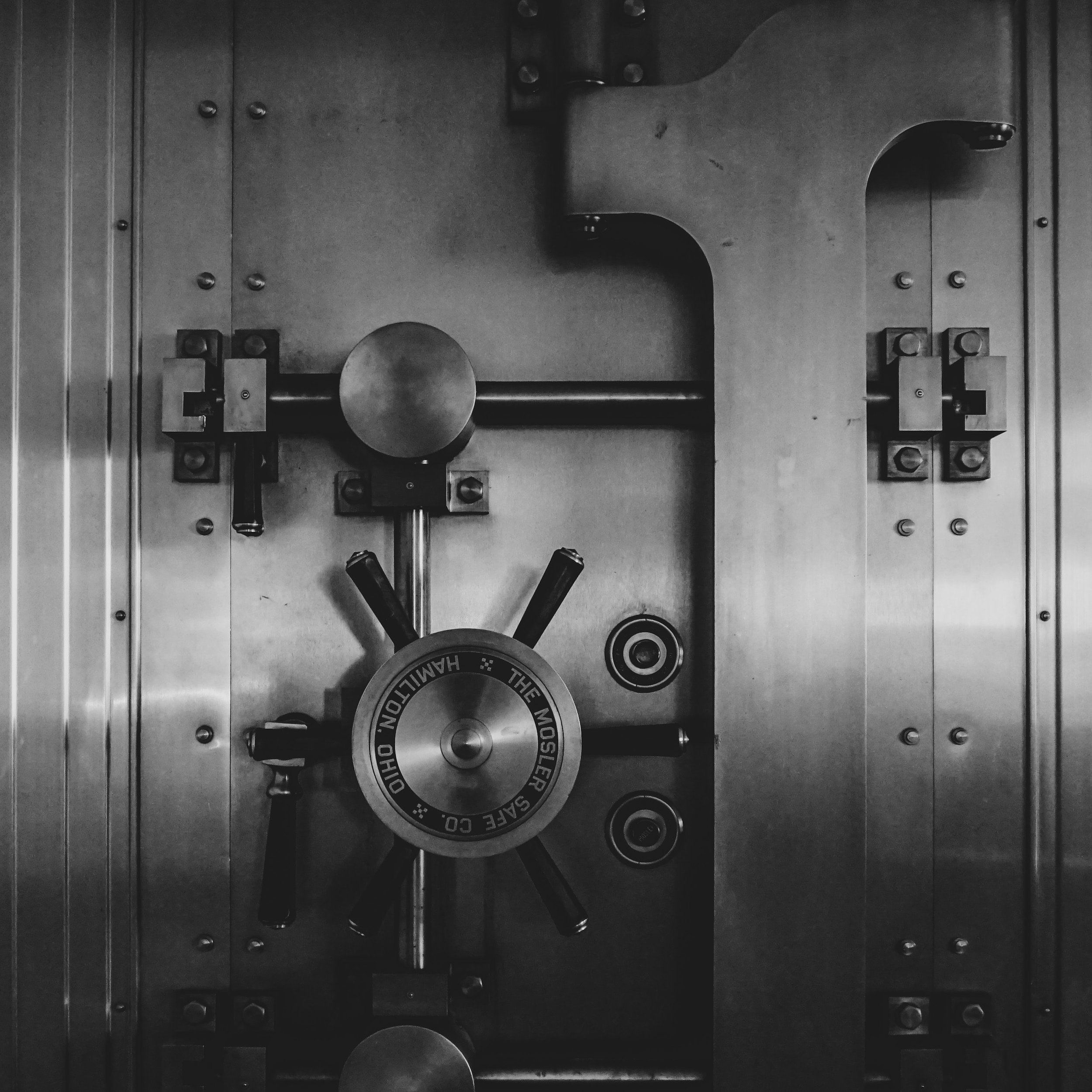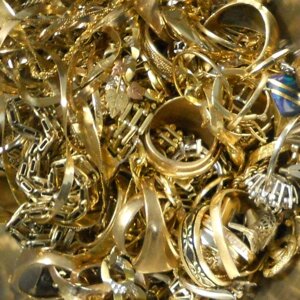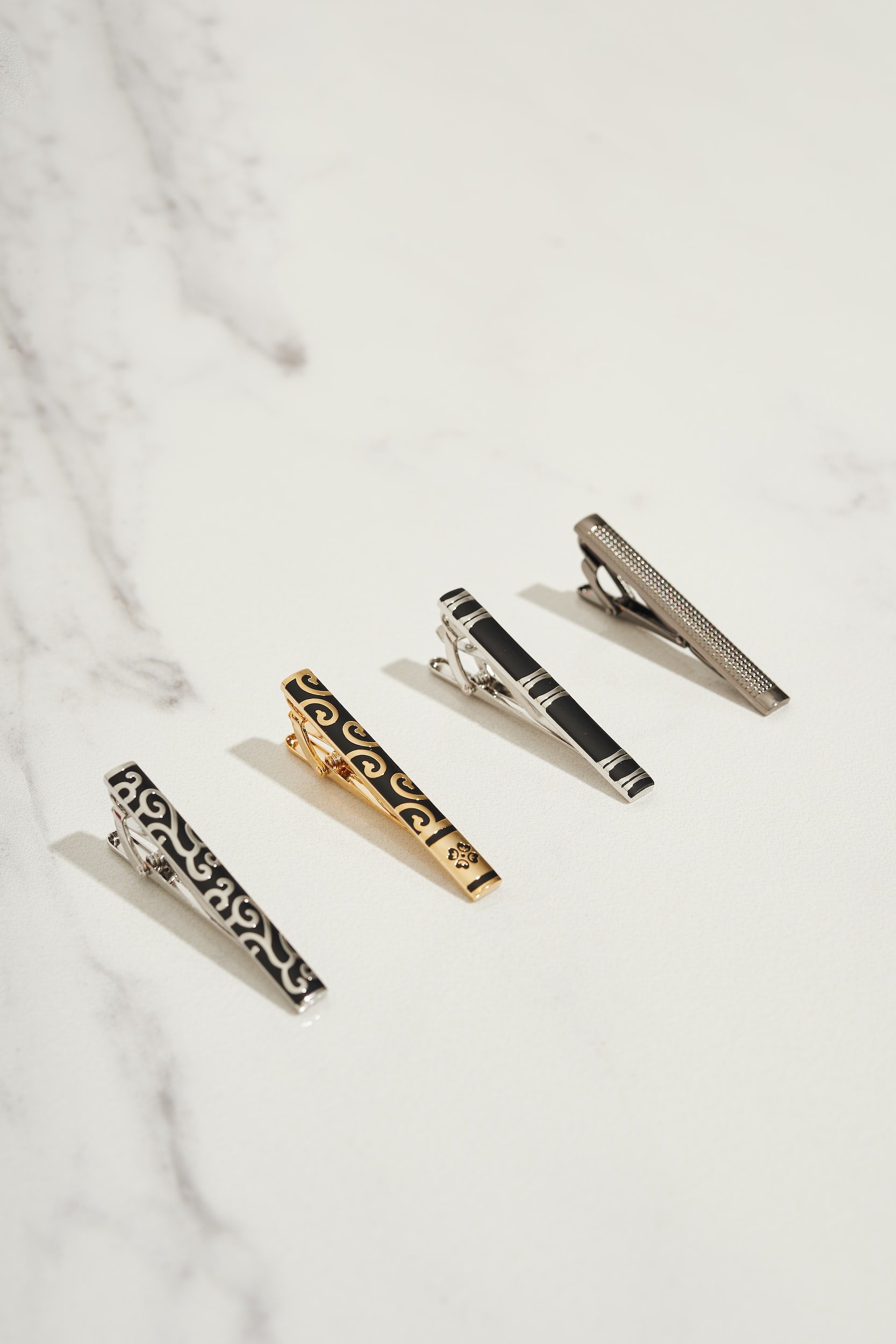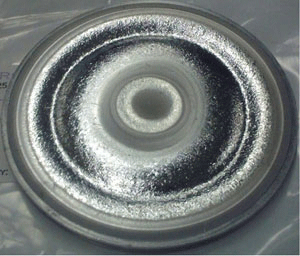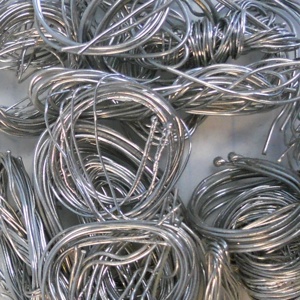Should You Take Your Gold, Silver and Platinum Scrap to a Pawnshop Instead of a Precious Metal Refinery Near You?
Do you have gold, silver or platinum items that you would like to recycle?
If you do, chances are you are thinking of taking them to a precious metal refinery near you. You might also be thinking of calling us, Specialty Metals Smelters and Refiners at 800-426-2344, to speak with our precious metal experts. We firmly believe that speaking with us is your most important first step in the process of turning your precious metals into cash.
How Can I Avoid Getting Cheated by A Company That Buys Gold?
Most small companies are run by businessmen and businesswomen who are committed to doing business honestly. Even if you have a dispute with them or they have done something that strikes you as less than honorable, they are likely to try to “make things right.” After all, they want to maintain a good reputation and avoid getting negative reviews online.
What Are the Most Important Questions to Ask Gold Refineries before You Do Business with Them?
If you are considering selling gold to a gold recycler or having them extract gold from scrap you own, here are some important questions you should ask:
How to Make Money Recycling Platinum, Silver, and Gold Wire
Platinum, silver, and gold wire are most often found among the supplies at companies that make or repair jewelry, such as jewelry stores and jewelry factories.
Where will you find those precious-metal wires in those facilities?
As part of generalized scrap, like bench and floor sweepings.
In jewelry-making supplies. Often, wire will still be rolled up on spools of unused materials.
Grab Your Gold Panning Equipment! A New Gold Rush Just Started in California
“Eureka! After California’s Heavy Rains, Gold Seekers Are Giddy,” an article that Thomas Fuller published in The New York Times on April 22, 2023, reports that the recent heavy rains in California have caused a lot of gold to wash into streams in the state. He profiles one prospector who pulled $100 worth of gold out of a stream after only 20 minutes of hunting. That’s a pretty impressive haul.
What Is the Best Way to Securely Store Jewelry and Gold and Platinum Scrap in Your Home?
Hiding your jewelry and valuables in a place that is not secure, such as a dresser drawer or jewelry box, may not provide sufficient protection. Burglars often target these areas first because they know that jewelry is commonly kept there.
If you do choose to hide your jewelry in your home, make sure the hiding place is not easily discoverable. For example, do not hide your jewelry in a typical hiding spot like a sock drawer or under your mattress. Instead, consider a more creative hiding spot that is not as obvious.
How Can I Find Scrap Gold Buyers Near Me?
The good news is, you have scrap gold you would like to sell for top dollar. The scrap could be a batch of old gold-filled eyeglass frames, a box full of sputtering targets that were used in electroplating operations, or even a collection of old gold-plated costume jewelry.
You might not know how much gold your scrap contains – you need to have it tested. But you do know that you would like to sell it and reclaim the value of the gold it contains.
What Trends Could Affect the Price of Gold?
Where are gold prices headed?
Before we explore that question, let’s explore another question. What trends have influenced the prices of gold over the last decade?
Overall, the price of gold has experienced significant fluctuations over the past decade, reflecting the complex and dynamic factors that influence the global economy and financial markets. As with any investment, it's important to do your research and consult with financial experts before making any decisions.
What Mistakes Can Happen when Recycling Gold Scrap?
People tend to think that recovering the gold from gold scrap is a straightforward process. You heat the scrap to a high temperature and then collect the gold that was in it, right?
Well, it’s not that simple. Recycling gold scrap can also be a complex process, and there are several mistakes that can reduce both the quality and the quantity of gold that is obtained during recycling.
What Kinds of Ore Contain Gold and Where Can They Be Found?
Remember, gold can be found in various types of ores that occur in nature. Most often, you will find mining companies have set up operations to extract them from the ground. In other cases, those mining companies once had set up operations in those locations to mine gold but have since extracted all the gold they could from the ground and have shut down.
How to Use a Metal Detector to Find Precious Metals: The Basics
We have written many articles about metal detectors on this blog, and with good reason.
Metal detectors, even basic models that cost little more than $100.00, are some of the most powerful tools ever devised for finding buried precious metals on beaches, in open fields, on the sites of old buildings and factories, and other prime prospecting sites.
People are making money – sometimes a lot of it – by using metal detectors. And chances are pretty good that you can too.
How to Recycle Tie Tacks, ID Bracelets and Other Small Items They Just Don’t Make Any More
Forty or fifty years ago, men were apparently wearing a variety of small jewelry items that are no longer very popular today.
In a moment, we will list what some of these items are and how you can recognize them when you go hunting for gold, silver, and platinum items that are worth recycling. But before we give you a list of these items, we would like to mention the following fact . . .
Did Archimedes Invent the Karat System of Grading Gold?
Many people believe that Archimedes (c. 287 – c. 212 BC), the Greek mathematician and scientist, invented the karat system of classifying the purity of gold that is still used today. Although he was an historically important astronomer, engineer, inventor, and mathematician, he didn’t!
How Can You Recognize Fool's Gold?
The last time we wrote about Pyrite (which is another name for Fool’s Gold) was in a post we published back in 2014. So we thought it would be a good time to write about the topic again and focus on this question . . .
Platinum Scrap and Beyond . . . There Are Many Kinds of Sputtering Targets We Can Recycle for You
We have written about sputtering targets before on the Specialty Metals Blog. To review, they are multilayered disks that contain several different metals. When they are secured inside a plasma plating tank and electrical current flows through them, their uppermost layer of metal (be it gold, platinum, or another metal) is dispersed into the plasma inside the tank. Due to the flow of electrons, it adheres to the surface of whatever metal object is being plated.
Make Money Recycling Platinum, Gold, and Silver Wire
A few years ago, it was time to replace the muffler/silencer on a riding mower. The company that owned it ordered a new muffler and yanked the old one off. At that point, the owner noticed that it had been installed by wrapping wire around one of the pipes that came out of the old muffler.
That wire, which was about two feet long and weighed about 2/10 of a Troy Ounce, turned out to be made of pure platinum. It was worth more than $200.00.
What Items Should You Look for In Jewelry Shop Auctions?
If you look for business liquidation auctions in your area, you will find an interesting variety of businesses that are closed and that have hired auction firms to liquidate their equipment and supplies.
In a recent search, we found auctioneers that were liquidating exercise equipment from health clubs . . . ice cream freezers from scoop shops . . . welding equipment from a muffler shop . . . and stoves from a pizzeria.
What Services Should a Gold Refinery Offer?
If you ask “Where can I find a gold refinery near me?” online, you will get a lot of hits. Depending on where you live, you will find listings for “we buy gold” businesses, scrap metal yards, jewelry manufacturers, and probably more kinds of businesses too.
Make These Items with High Precious Metal Scrap Value Your Top Collecting Priority
A number of factors make certain kinds of precious metal scrap more desirable investments than others.
These factors include the density and distribution of precious metal within the scrap. If one ounce of gold is distributed through two pounds of scrap, for example, that is a desirably, high density form of scrap. If that same single ounce of gold is distributed through two tons of dirt or sand, that makes for a less desirable investment. (It is easier to ship and process two pounds of material than it is to ship and process two tons.)
What Is White Gold?
White gold is an alloy of gold and at least one white metal – sometimes more than one. Those additional metals could be nickel, silver, palladium, and/or zinc. Sometimes a little copper is added too, to make the alloy less brittle and easier to shape. But only a little copper can be added, because if you add too much of it to gold, the resulting alloy becomes pinkish in hue. (That’s where so-called pink gold comes from.)






